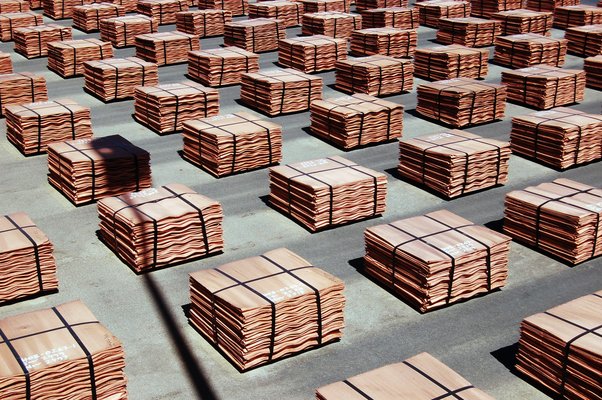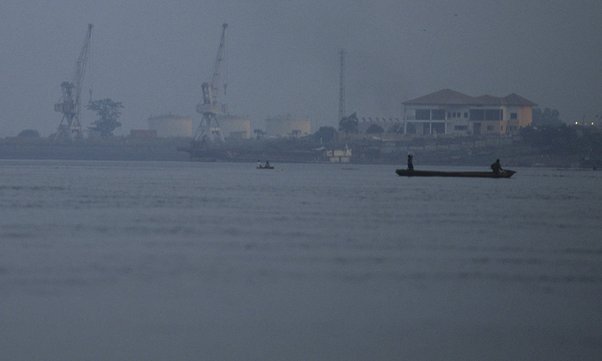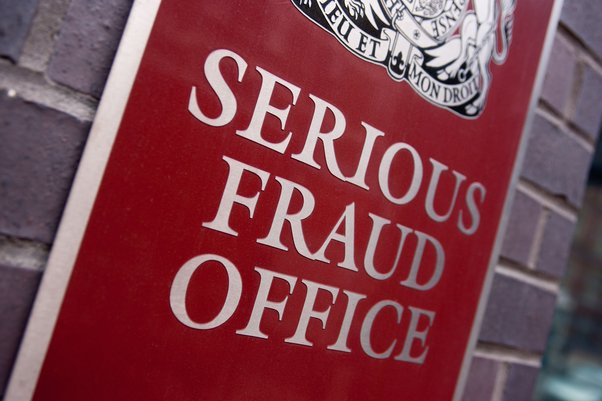Global Witness warns today that potential ad hoc application of the new mining law in Democratic Republic of Congo, plus weaknesses in its transparency and conflict of interest measures, may leave the country’s mining sector open to corrupt deals that could cost the country billions of dollars.
On 9 March Congo’s President Joseph Kabila signed into law a new mining code, overhauling the 2002 version seen by the government as overly favourable to investors. International mining companies operating in Congo have strongly opposed the new terms, which raise taxes and royalties, and remove a clause that protected them from changes for ten years.
Under normal circumstances, this would bring to an end a lengthy revision process that has dragged on for over five years. However, President Kabila’s office has agreed to continue dialogue over measures to implement the code and Mines Minister Martin Kabwelulu said companies’ concerns would be considered on a case-by-case basis, according to Reuters.
“Case-by-case application of the new law risks opening the door to corrupt deals by unscrupulous companies seeking preferential treatment,” said Peter Jones at Global Witness. “The new law’s weak transparency and conflict of interest provisions further do little to prevent dodgy deals from draining revenues from the country’s mining sector.”
The new law includes an article dealing with transparency that could lay the groundwork for future regulations governing mineral traceability schemes and the publication of contracts, beneficial owners, and the tax payments made to the state, which is encouraging. However, the article is strikingly vague, offering no guidelines on how such transparency will be achieved.
The law’s conflict of interest provision remains largely unchanged, despite detailed recommendations from international and Congolese civil society organisations including Global Witness. This means Congo’s mining law does nothing to prohibit members of the security forces and senior public officials from holding industrial mining rights, as long as they do so via a company.
“The law’s loose conflict of interest rule does nothing to prevent corrupt public officials and members of the Congolese army from abusing their position for personal gain,” added Jones. “Congo must tighten-up its regulation so that such individuals cannot obtain privileged access to the country’s mineral wealth, which should instead be paying for much-needed schools, hospitals and roads."
Improved regulation of Congo’s mining sector is vitally important. Global Witness showed how a series of corrupt and secret mining deals cost Congo at least 1.36 billion dollars between 2010 and 2012. Separate investigations have also revealed how armed groups and certain members of the Congolese army in the east were able to finance their activities in part through the artisanal mining sector.
Run properly, the mining sector in Congo could help lift the country out of poverty. Though consistently near the bottom of the UN development index, Congo is the world’s leading supplier of cobalt, whose price has more than doubled in the last 12 months based on demand driven by its use in rechargeable batteries for electric cars.
Notes to editor:
See here for Global Witness' 2015 recommendations on Congo's mining law.
Read this page in


